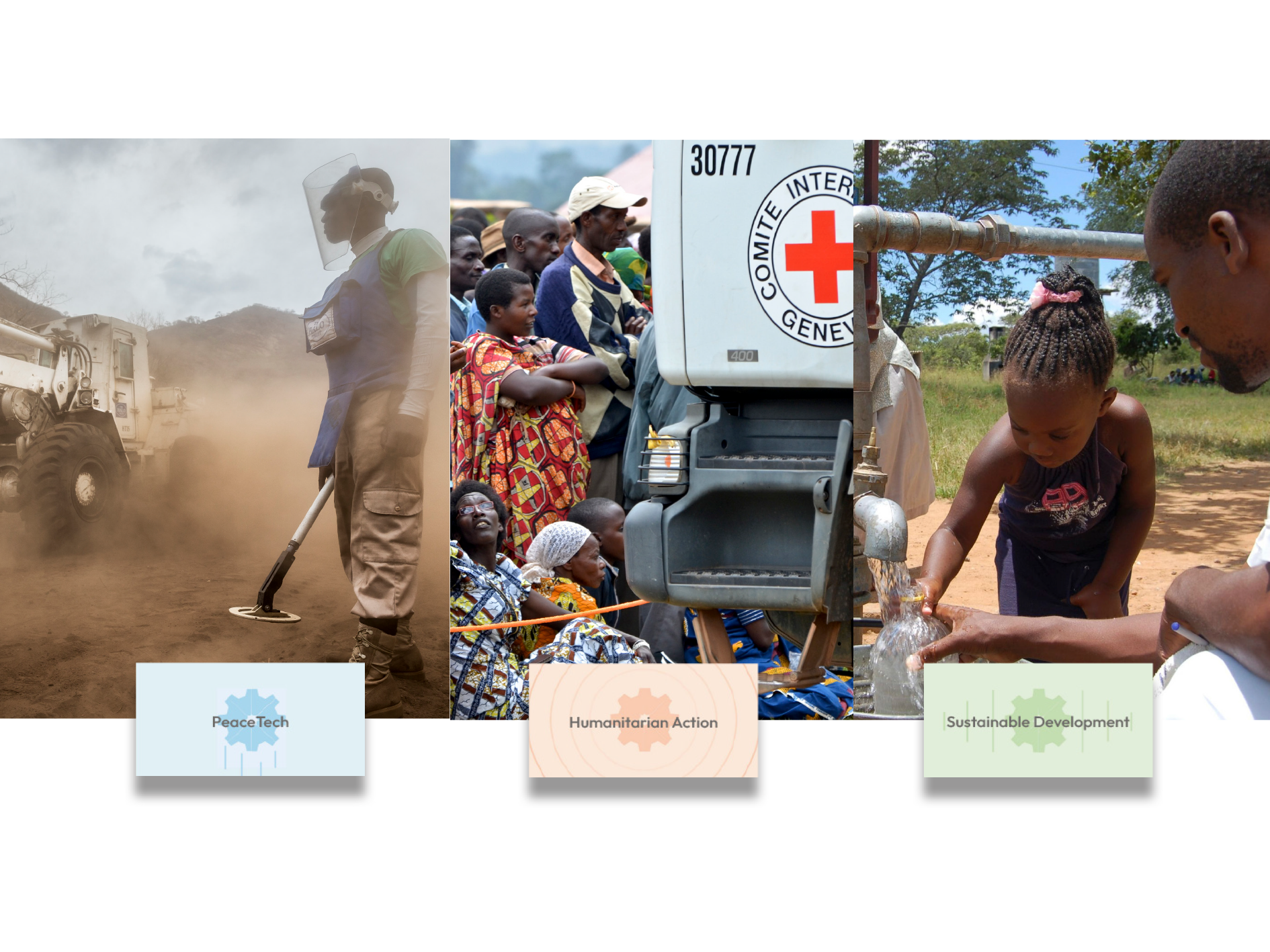Global View Aid: completion of the 2nd phase

Sidewalk construction, lampposts and tree branches, poorly parked vehicles, scooters, pedestrians distracted by their phones, crowds during rush hour... These are just a few examples of the challenges and dangers faced by blind and visually impaired individuals when navigating the city. Our GlobalViewAid project aims to enhance the autonomy and safety of these individuals in urban environments by developing a navigation aid tool that complements the information provided by their white cane. While the white cane is an essential and invaluable tool, it has its limitations. The navigation system we are developing is designed to help detect obstacles, avoid them safely, and find the best route.
This project aims to create a solution that is not only useful and robust but also accessible in low-income countries—just like our other projects at the Centre. This is the mission of GlobalViewAid: to develop a tool with input from the people directly affected, both here in Switzerland—thanks to the participation of the Swiss Federation of the Blind—and in the aforementioned contexts, with essential contributions from users and researchers in Colombia, the pilot country we are working with.
This fall, we are pleased to announce the completion of the second phase of this important project, with the testing of our improved second version of the tool among the people concerned. A big thank you to UNIVALLE University and the Hospital Universitario del Valle for their crucial collaboration. We also extend our gratitude to EPFL Professor Alexandre Alahi and his team from the VITA lab.
Please help us spread the word about our initiative, for which we are actively seeking new funding. You can get an idea of our project by watching the excellent video prepared by the brilliant Maximiliano Nef:
More publications or events

Semester Projects Opportunites for EPFL Students open now!


